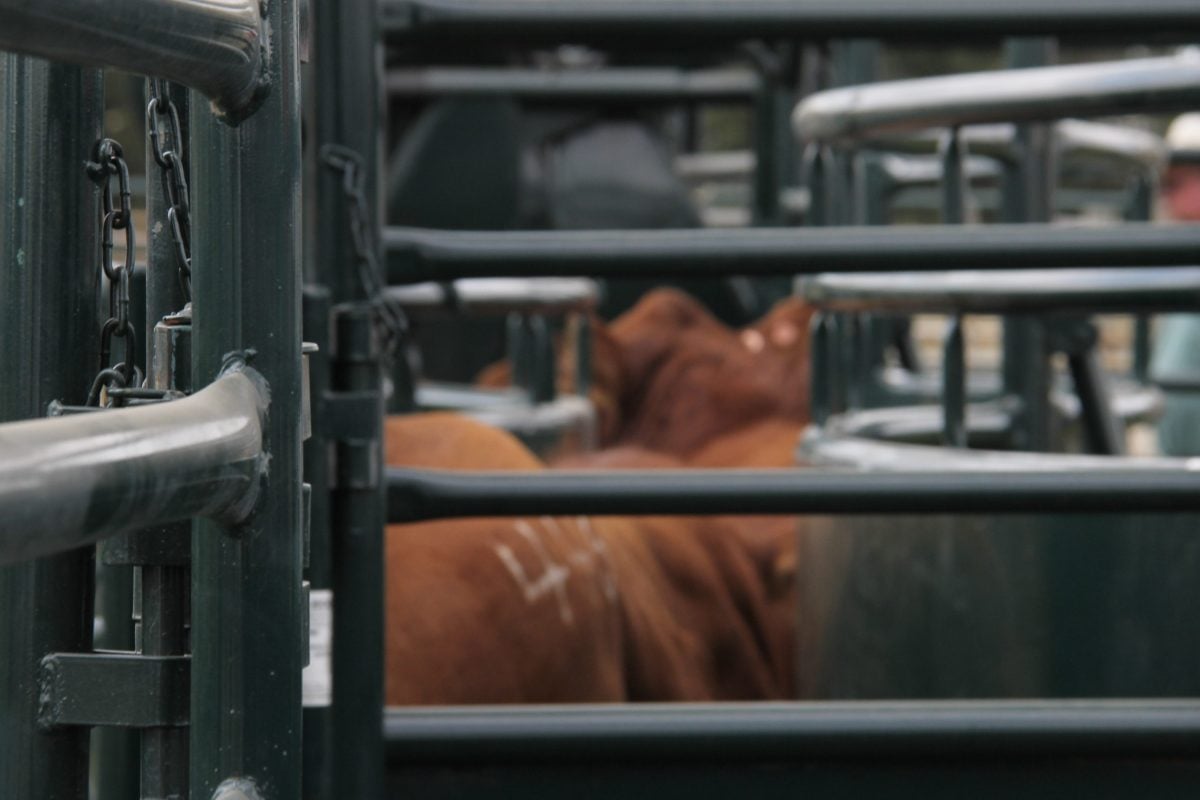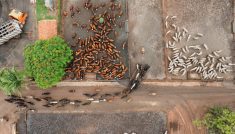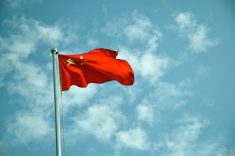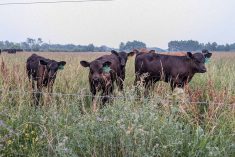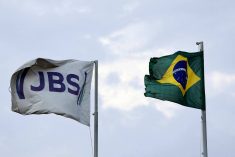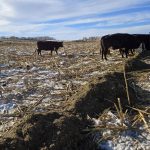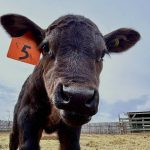Sao Paulo | Reuters — JBS, the world’s largest meat company, reported a net profit fall in the third quarter in spite of a rise in global net sales amid a still-challenging beef market environment in the U.S., according to an earnings statement on Thursday.
The company said third-quarter profit dropped to $581 million (C$815.1 million) from $693 million in the year-ago quarter, citing negative beef margins in the U.S. amid multiyear-low cattle supplies.
Why it matters: Diminished beef cattle herds in North America have led to record-high prices for cattle producers as processors compete to fill demand.
Read Also
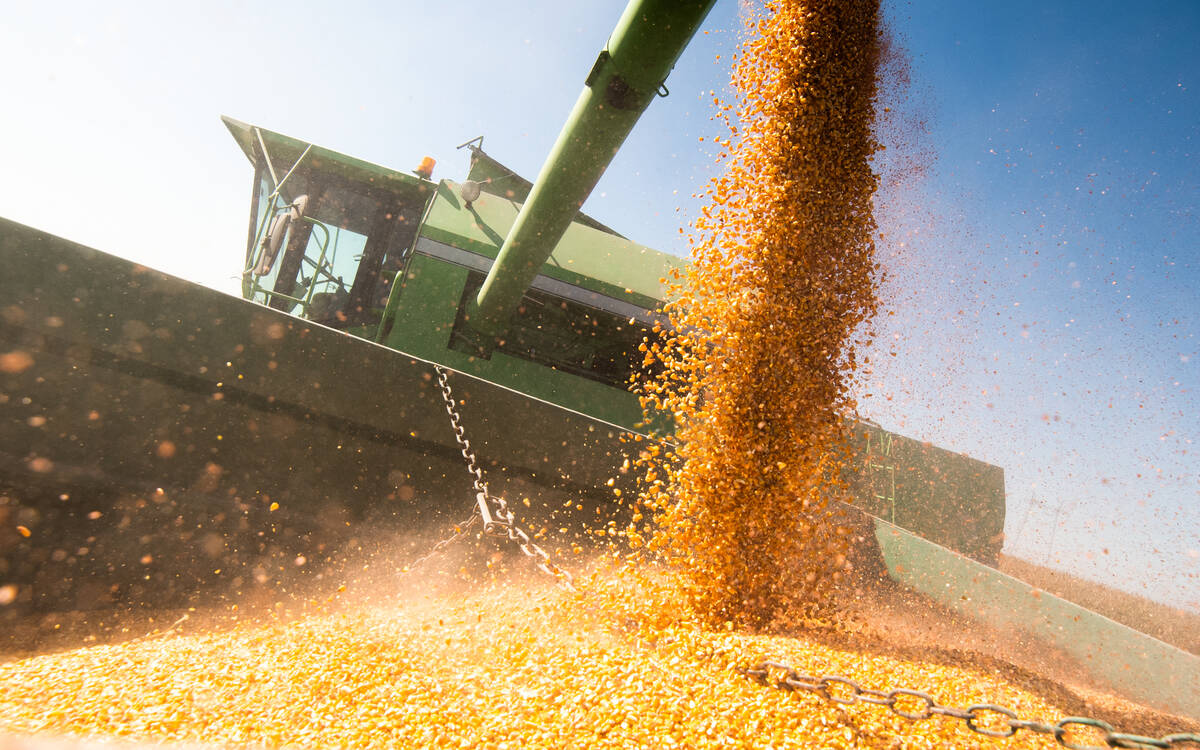
Feed Grain Weekly: Corn affecting barley prices in Lethbridge
Corn imports entering Lethbridge have lowered prices for feed barley compared to those in Edmonton.
“The industry continues to navigate a challenging cattle cycle, with limited cattle availability for processing,” JBS said in the earnings statement. “With cattle supplies at historically low levels, live cattle prices have remained high, pressuring profitability.”
In remarks about results, CEO Gilberto Tomazoni noted the situation is unlikely to be resolved soon.
JBS’s adjusted earnings before interest, taxes, depreciation and amortization, a measure of operating income known as EBITDA, came in at $1.835 billion (C$2.574 billion), smaller than the $2.153 billion reported a year ago, the company said.
Net sales, however, rose by 13 per cent to $22.6 billion in the third quarter, having grown across all business segments, the company said.
Regarding Brazilian beef operations, JBS reported strong net sales growth, driven mainly by exports and increases in both sales volumes and prices, as well as by higher meat prices in the domestic market.
Tomazoni said that in 2026, Brazil’s cattle herd might be slightly reduced as more female cows were processed compared with male ones in the second quarter.
Brazil, where JBS was founded, is the world’s largest beef exporter. It still boasts the world’s biggest commercial cattle herd.
For its Seara processed foods division, JBS said it posted the highest export volume in history despite temporary trade bans imposed by key importers such as China and Europe due to an avian influenza case in Brazil in May.
The company said those restrictions forced it to redirect certain chicken meat cuts to other markets, which drove a price drop.
The appreciation of the Brazilian currency also negatively affected the company’s meat exports out of Brazil, Tomazoni noted.

